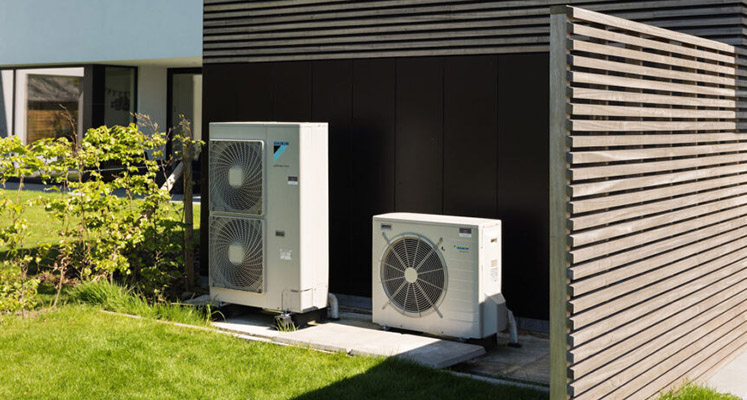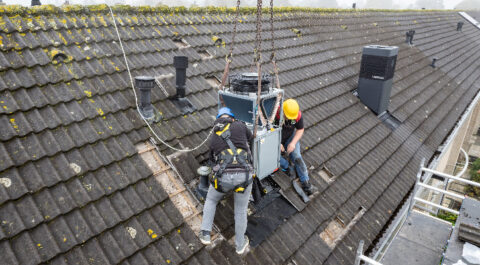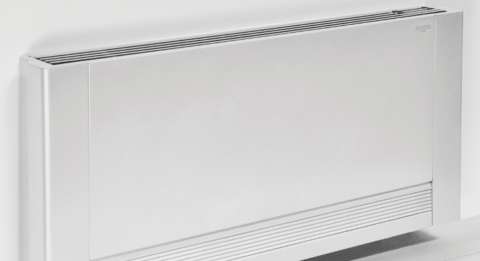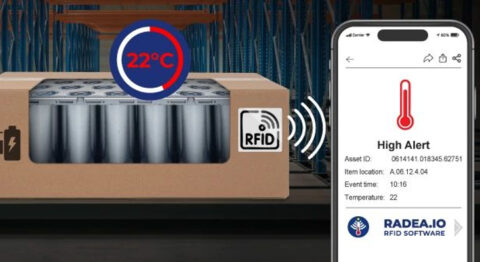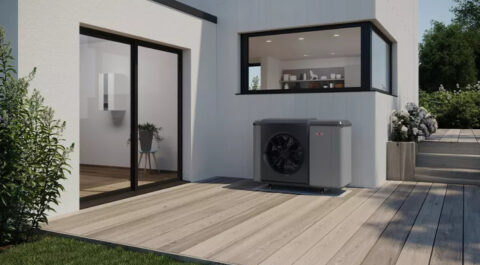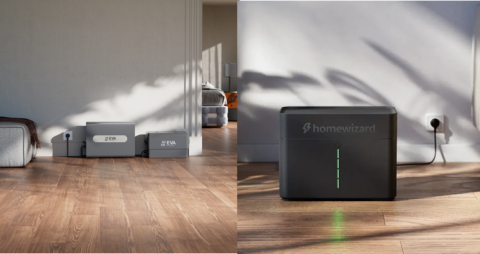Power is not always expensive. Especially not at dynamic rates, and then there is such a thing as free solar power. It is very attractive to make smart use of this. After all, why pay for your hot tap water and warm or cool house when you can do that for free or at least a lot cheaper with a smart heat pump.
There are a number of ways to save money with a smart heat pump. This does depend on which heat pump and solar panels you install at a customer's site, or what is already there. Not everything is equally smart, or works equally well together. So that's something to pay attention to. What smart savings options can you think of?
Power or gas
To start with the hybrid heat pump. If you can enter gas and electricity prices on it, a smart heat pump is able to estimate for each situation whether it is more economical to produce its own heat, or leave it to the gas-fired central heating boiler after all.
Anticipating the weather
Greater gains can be made with heat pumps that, thanks to an Internet connection, can take into account the weather forecast. Suppose the house needs to be brought up to temperature in the morning and a lot of sunshine is expected in a few hours. The heat pump can anticipate this by slowing down for now. The house will then feel sufficiently comfortable, but will only be brought up to the set temperature later. Conversely, if the weather is bad, the heat pump can decide to start cooling or heating earlier and heat up as much domestic hot water as possible before the sun disappears.
Solar power
Thanks to inverters that signal the heat pump as soon as they generate enough power and P1 meters that show whether there is a power surplus, customers can automatically run their heat pump on solar power as much as possible. This way the home is heated or cooled completely for free, and heat can also be stored in advance in the boiler (tap water) and any buffer tank (heating water). Also, a heat pump can often switch back when there are (too) many large power consumers active, or, on the contrary, deliberately take action when there is little power draw.
Dynamic rates
The smartest heat pumps fetch dynamic energy rates daily through EPEX's Internet portal. Domestic hot water and heating or cooling are then provided automatically as soon as the rates are nice and low. If necessary, the home is brought to a slightly higher temperature than the user desires, as a kind of heat buffer, for example, because evening or a sunless day is approaching.
Individual module
Not every heat pump has all these smart features. Dynamic energy tariffs, for example, are not always supported yet. In that case, a separate energy module (for example, those from Xemex or Nibe) can be a solution, a piece of hardware with software that acts as a kind of energy manager or energy conductor. This can often connect not only the inverter and heat pump, but also a home battery, buffer tank and even the customer's charging station. The goal is to get all these components working together as efficiently as possible. A separate module is usually brand-independent. Of course, as an installer, you always pay close attention to mutual compatibility.
